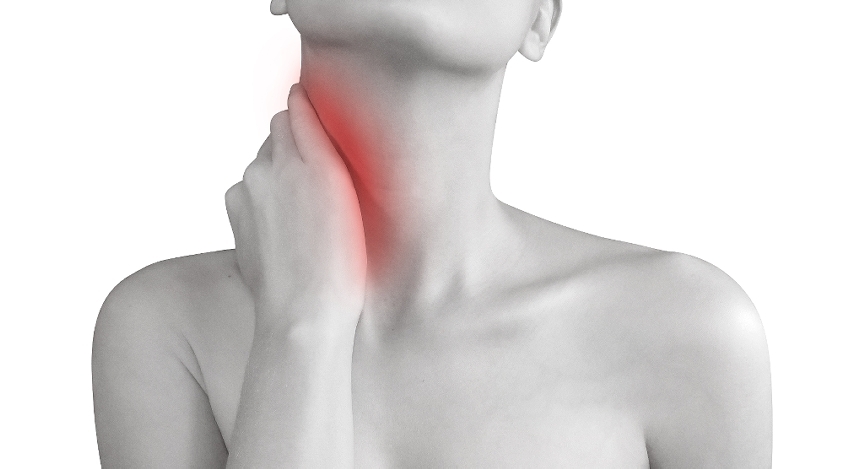Neuropathic pain or neuralgia is a type of pain brought about by incorrect signals sent by the nerves to the brain. This is totally different from the pain experienced when there’s pressure, trauma or injury to the site because the damaged or dysfunctional nerve tells your brain that there is something that causes pain although there really isn’t.
Painkillers used traditionally such as paracetamol and nonsteroidal anti-inflammatory drugs (NSAIDs) commonly do not provide much relief, although there are stronger painkillers that may help with neuropathic pain. There are also times when the intake of antiepileptic (anticonvulsants) and antidepressant medications may be prescribed by specialists, as well as some psychological and physical treatments.
Different Causes of Neuropathic Pain
The primary cause of neuropathic pain is damage to the nerves — in particular the wearing away or destruction of the so-called myelin sheathes that serve as the protective coverings of your nerve. Age is one of the things that can cause damage to the myelin sheaths as well as the following:
- Phantom pain brought about by limb amputation
- Alcoholism
- Cancer
- Pain from chemotherapy
- Diabetic neuropathy
- Back, hip or leg problems that cause pressure on the nerves
- Infections such as Lyme disease, syphilis, HIV and AIDS
- Shingles
- Multiple Sclerosis (an autoimmune disorder that affects the brain, spinal cord and even the optic nerve)
- Spine surgery
- Various disorders with the nerves
Unfortunately, many of the cases of neuropathic pain seem to have no definite cause.
Symptoms of Neuropathic Pain
Individuals suffering from neuralgia often complain of the following symptoms:
- Tingling and numbness
- Pain described as shooting, burning, stabbing and electric shock
Neuropathic Pain Natural Remedies
Medical treatments for neuropathic pain often include dealing with the underlying cause, if such is present or determined. In some cases, the intake of antiepileptic and antidepressants drugs yields favorable results. Electrical stimulation of the affected nerves, physical therapy, massage therapy, acupuncture and working with a counselor are some other treatments.
There are also a handful of all-natural remedies that are said to work very well with neuralgia, such as:
- Massaging essential oils on the affected areas. Massage therapy is one of the treatments for neuropathic pain. The use of essential oils such as peppermint, eucalyptus, evening primrose, lavender and chamomile may augment the efficacy of massage therapy.
- Soaking the body in bathwater with certain herbs. Adding lavender to bathwater and soaking in it for several minutes is said to help deal with neuropathic pain by helping to improve blood circulation. Many also swear by adding pine needles to their bathwater. It’s important to boil lavender blossoms and pine needles before adding them to bathwater.
- Adding Epsom salt to bathwater. If you cannot find the herbs mentioned above, reach for a container of Epsom salt instead and add it to your bathwater. Soaking in bathwater with Epsom salt dissolved in it is known to help with pain and tensed muscles, thus relieving pain.
- Drinking medicinal teas. There are a few medicinal teas that may help deal with pain caused by neuralgia. Some of them include dry valerian root, licorice and John’s Wort teas.
- Consuming freshly juiced celery. Another effective home remedy for neuropathic pain is celery juice. Use your trusted juicer to extract the juice of 2 to 3 stalks of celery. Refrain from making a lot of celery juice to have a ready serving each time. That’s because the enzymes in the vegetable known to help with the pain begins to get damaged right after juicing. Half a cup of freshly made celery juice should be taken daily. You may add carrot juice for a sweeter taste.
- Applying capsaicin cream. Many swear by the effectiveness of applying capsaicin cream on the affected areas. Make sure that you put on gloves when applying capsaicin cream. Also, avoid using it on areas not affected by neuropathic pain.












